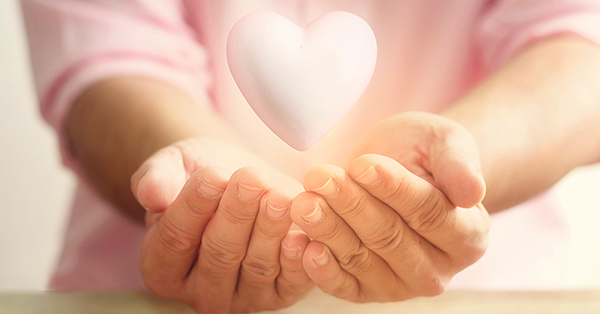
Wskazówki dla mężczyzn i bliskich chorej (krótko)
9 lipca 2022
Co może poprawić samopoczucie w trakcie procesu leczenia? (krótko)
9 lipca 2022Każda kobieta i jej najbliżsi mogą w różny sposób zareagować na chorobę – mogą wykazywać się nadopiekuńczością, unikaniem tematu lub brakiem zaangażowania w proces leczenia. Postawa, którą przyjmuje chora kobieta, nie powinna jednak wpłynąć na jej relacje z najbliższymi. Pamiętajmy, że prawdziwe wsparcie polega na nauczeniu się słuchania drugiej osoby, obserwacji, empatii. Jeśli nie jesteśmy czegoś pewni – zadawajmy pytania, starajmy się dowiedzieć, co czuje kobieta, jakie są dalsze kroki jej leczenia, czy potrzebuje pomocy w bieżących obowiązkach.

